Sukanya Verma looks back at Bollywood royalty, and asks *you* to pick your favourite!
Warrior queens, scheming queens, fictional queens, filmi queens... we have witnessed a wide variety of female rulers on celluloid.
And now, Bollywood is turning its spotlight on a historical figure, Rani Laxmibai's story of grit and valour.
And if Kangana Ranaut's bloodstained war cry in the trailer is any indication, she's not going down without a fight.
Vote for your favourite rani from the many, many variations on the screen.
Mehtab, Jhansi Ki Rani (1953)
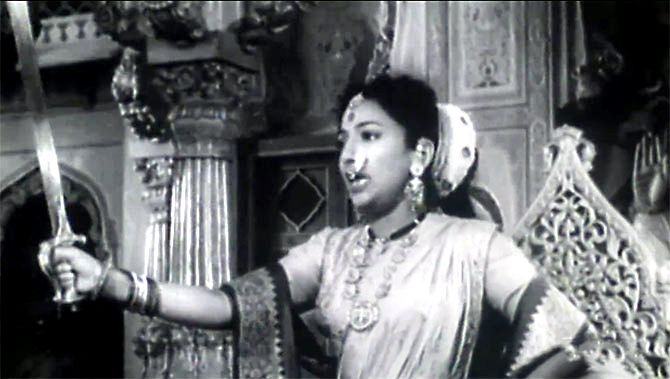
Decades before Kangana decided to step into Jhansi Ki Rani's shoes, Sohrab Modi roped in his significant other and actress Mehtab to portray the patriotic queen who rebels against the British Raj to defend her home and people.
High on drama and histrionics, Mehtab's performance is in sync with Modi's Parsi theatre sensibilities.
Nirupa Roy, Rani Rupmati (1957)
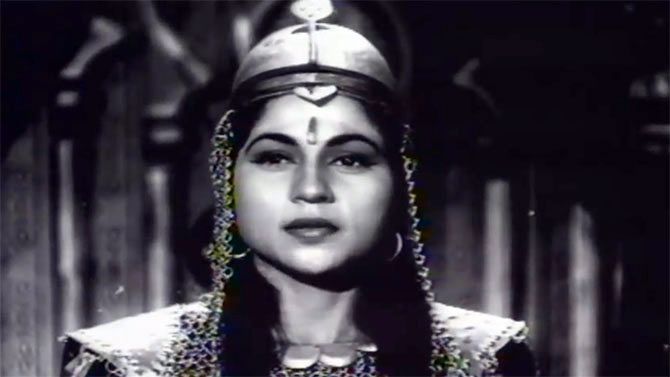
Best remembered for her sobbing mommy roles, Nirupa Roy cuts a picture of grace and courage as the Malwa's beloved Rani Rupmati whose star-crossed romance with the 16th century Sultan Baz Bahadur and their combined love for music and arts is the crux of S N Tripathi's opulent musical.
Durga Khote, Mughal-E-Azam (1960)
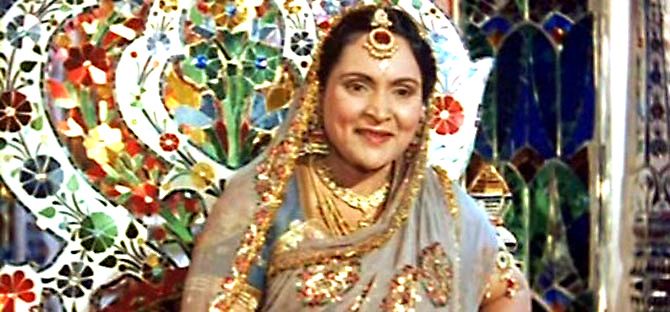
Caught between her devotion to her husband Emperor Akbar and love for son Prince Salim, Durga Khote's regal and poignant Jodhabai is forced to pick sides between men, who just will not budge.
Naseem Bano, Pukar (1939)
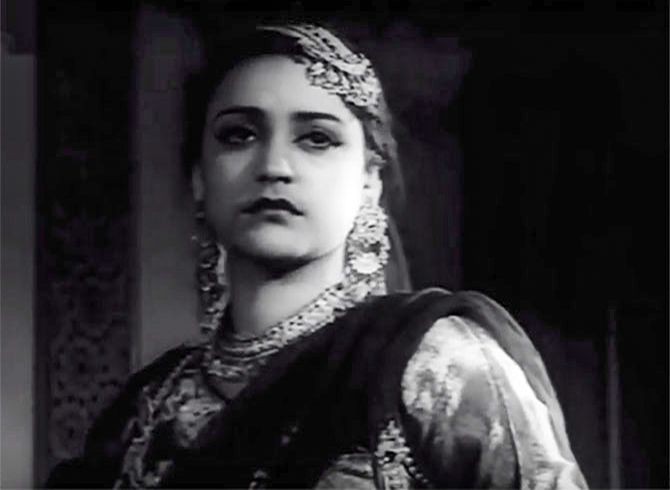
The ethereal Naseem Bano, also mother to Saira Bano, is a sight to behold as the stunning Empress Noor Jehan.
In Sohrab Modi's acclaimed Pukar, she accidentally shoots a washerwoman's husband and pleads guilty too, completely challenging her husband, Emperor Jehangir's justice code: A life for a life.
Meena Kumari, Noorjehan (1967)
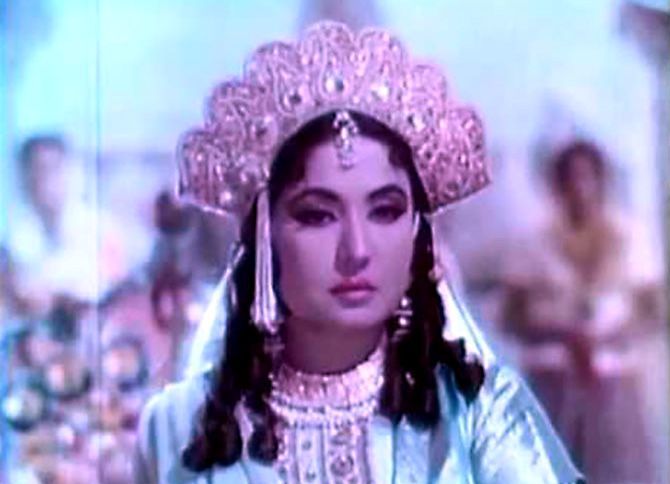
A few years later, Meena Kumari flexed her emotive skills to play Noorjehan's eponymous heroine in Mohammad Sadiq's 1967 costume drama co-starring Pradeep Kumar.
Bina Rai, Taj Mahal (1963)
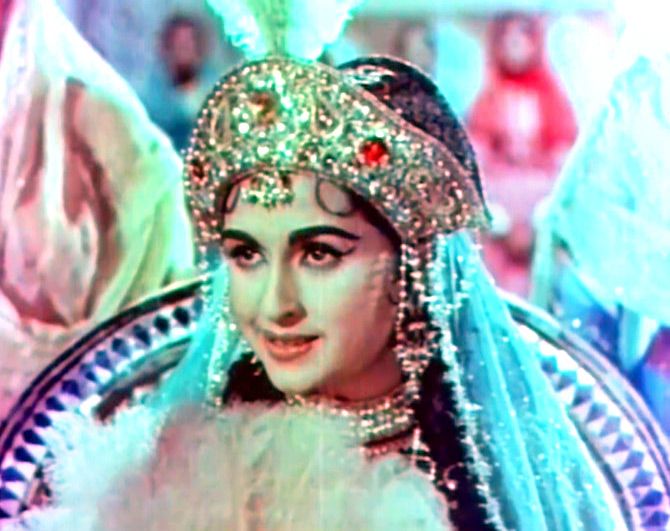
The heartbreaking romance that led to Emperor Shah Jahan building an iconic symbol of love as a tribute to his deceased wife comes alive in Bina Rai's all-heart, angelic Mumtaz Mahal.
Hema Malini, Razia Sultan (1983)
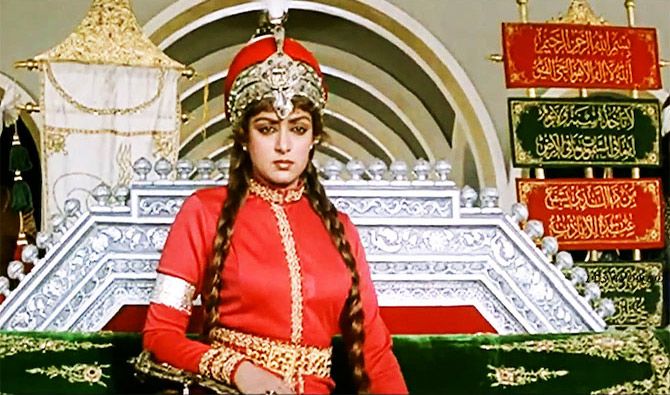
Despite big stars, lavish sets, grand battle scenes, a great soundtrack and Hema Malini's best efforts, wobbly Urdu notwithstanding, to embody a feminist icon's skill and spirit -- Kamal Amrohi's ambitious period piece proved expensive at the box office.
Rekha, Karisma Kapoor, Zubeidaa (2001)
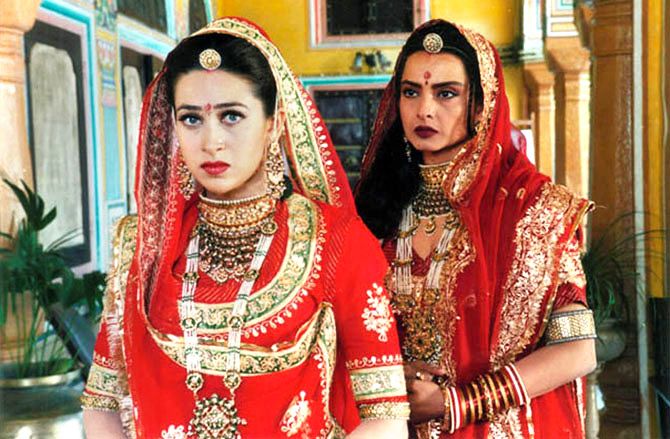
As the Rajput queens at the different ends of hierarchy, Rekha and Karisma Kapoor share a Maharaja and bittersweet equation over adherence to royal norms and traditions.
One's lifestyle is another's bane.
Ratna Pathak Shah, Khoobsurat (2014)
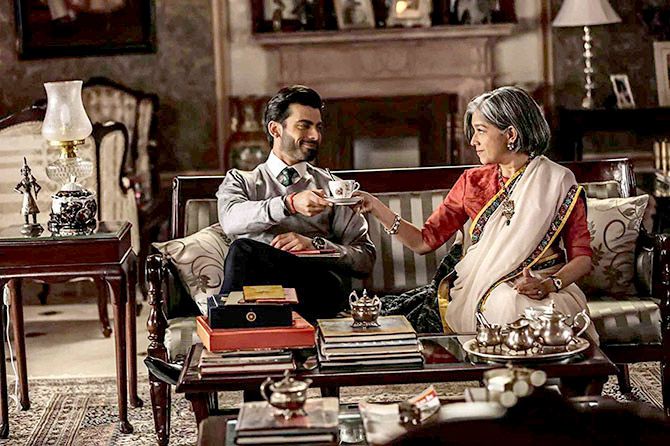
Ratna's Nirmala Devi Rathore works every bit of the dour, tradition-bound figure in Disney's Khoosbsurat remake.
She's not only snooty about her aristocratic status, but will do anything to protect it.
Ileana D'Cruz, Baadshaho (2017)
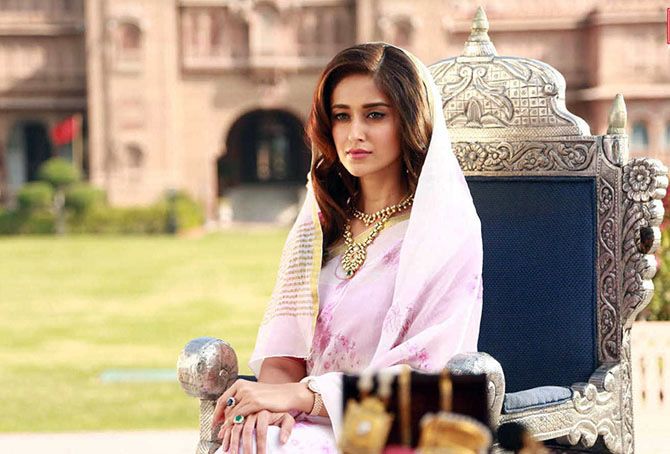
Baadshaho's mindless masala is all kinds of silly.
Even so, Ileana is happy to model herself after the fashionable Maharani Gayatri Devi in vintage saris and classic pearls.
The similarity ends soon enough when her Gitanjali Devi reveals herself to be a wolf in chiffon clothing.
Aishwarya Rai Bachchan, Jodhaa Akbar (2008)
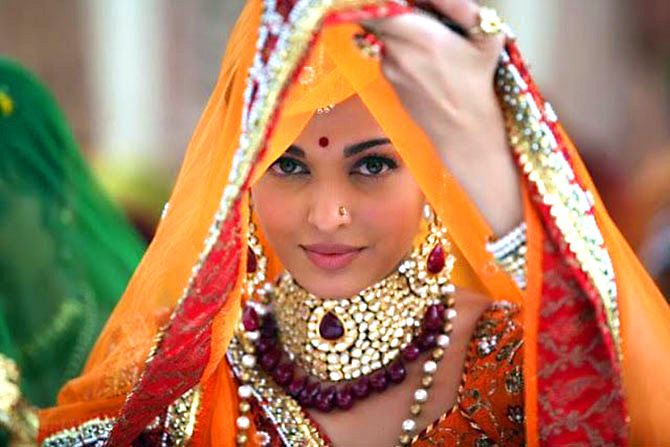
As Jodhaa, Emperor Akbar's Hindu wife, Aishwarya's character asserts her religious identity whilst embracing her new home and its ways in Ashutosh Gowariker's epic romance.
Aishwarya does well in rendering all her traits -- proud and feisty yet emotional and forgiving.
Mahi Gill, Saheb Biwi Aur Gangster (2011)
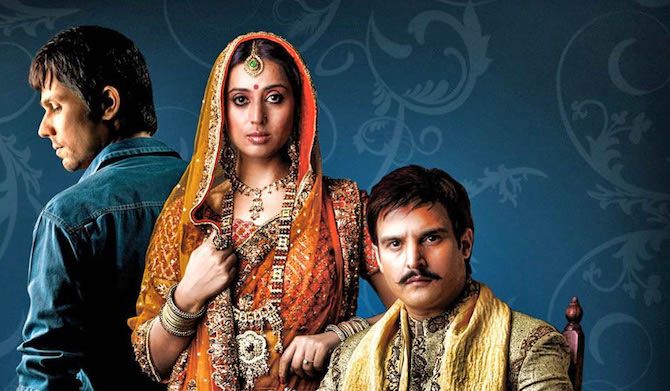
As an ex-royal's wife consumed by drinks and debauchery, Mahi's Madhavi Devi's shrewd mind plots quite a few schemes across the three Saheb Biwi Aur Gangster series.
Deepika Padukone, Padmaavat (2018)
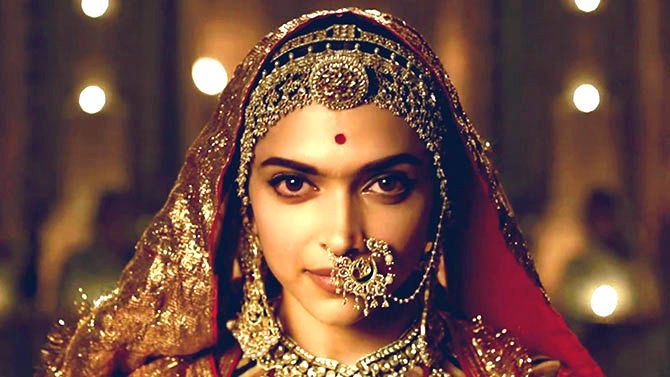
Deepika Padukone's glistening eyes and statuesque demeanour as Mewar's Rani Padmavati is stuff of dreams.
Though her decision to commit jauhar in one the most controversially picturised scenes of Sanjay Leela Bhansali's expensive period drama is stuff of debates.
Aditi Rao Hydari, Padmaavat (2018)
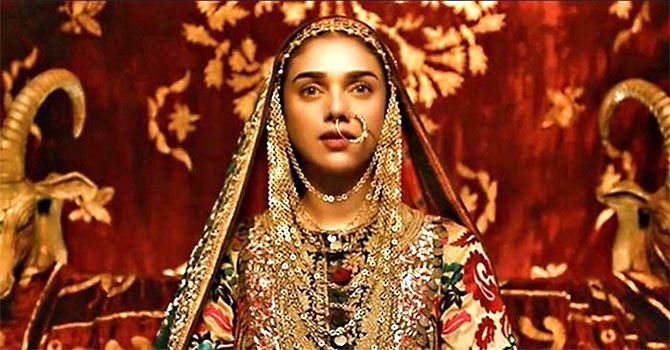
In the same movie, the luminous Aditi Rao Hydari pitches in as the morally strong Mehrunisa, Sultan Alauddin Khilji's long suffering consort.
Despite shabby treatment at the hands of her barbaric half, Hydari's character defies her husband and helps in his enemy's escape.












 © 2025
© 2025